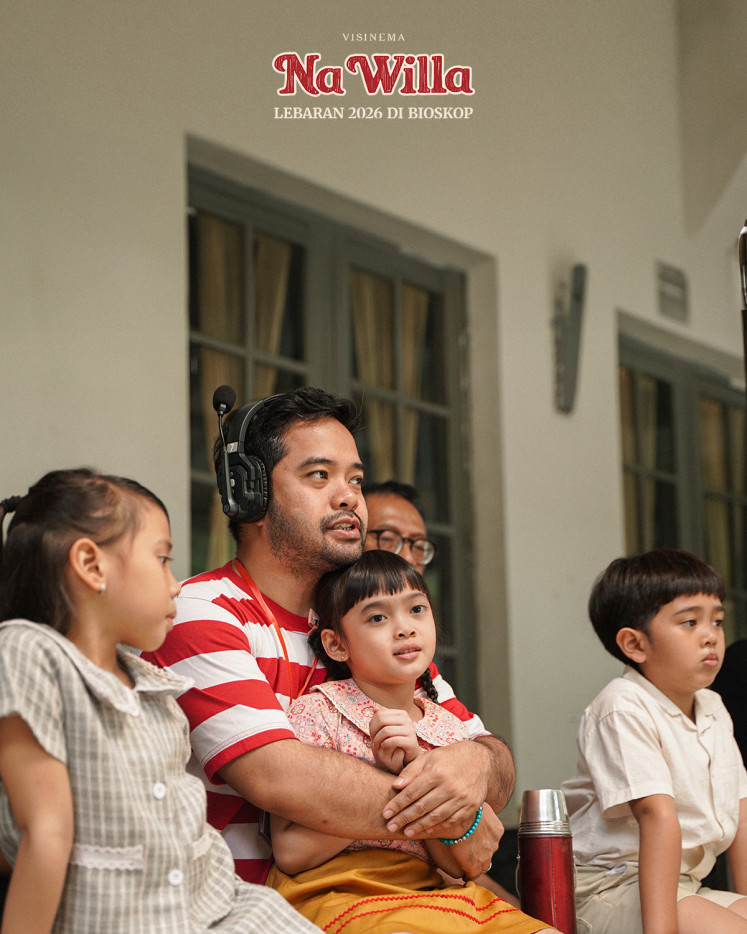Popular Reads
Top Results
Can't find what you're looking for?
View all search resultsPopular Reads
Top Results
Can't find what you're looking for?
View all search resultsTwo books explore doomsday scenarios of a nuclear war
The Doomsday Clock, which is set by the Bulletin of the Atomic Scientists’ Science and Security Board (SASB), now stands at 90 seconds to midnight, reflecting the highest level of danger ever recorded, surpassing even the Cuban Missile Crisis.
Change text size
Gift Premium Articles
to Anyone
A
s conflicts intensify globally, from the war in Ukraine to rising tensions in East Asia, and intensifying hostilities and armed conflict in the Middle East, the specter of nuclear war looms ever closer.
The Doomsday Clock, which is set by the Bulletin of the Atomic Scientists’ Science and Security Board (SASB), now stands at 90 seconds to midnight, reflecting the highest level of danger ever recorded, surpassing even the Cuban Missile Crisis.
This ominous setting signals not only the immediate risk of nuclear conflict, but also the broader erosion of international cooperation and trust among nuclear powers. Compared to other global threats, such as climate change or pandemics, nuclear weapons pose the most urgent danger.
The belief that nuclear war is “winnable” is gaining traction in some circles, particularly among those who view tactical nuclear weapons as strategic assets in conventional conflicts.
This dangerous perspective overlooks the inherent risks of escalation and its catastrophic consequences. Often advocated by individuals without firsthand experience of war—especially not conflicts between evenly matched powers—this belief underestimates the unpredictable nature of war.
Two books, although fictional, vividly illustrate the spectrum of nuclear war scenarios. 2034: A Novel of the Next World War by Elliot Ackerman and Admiral James Stavridis, published in 2021, imagines a plausible future where a series of incidents lead to a nuclear confrontation between the United States and China.
It starts with a naval skirmish in the South China Sea and an Iranian cyberattack on a US fighter jet. Blinded by compromised surveillance systems, the superpowers escalate the conflict, pushing the world to the brink of mutual destruction.



















